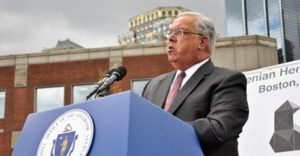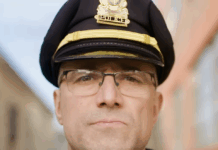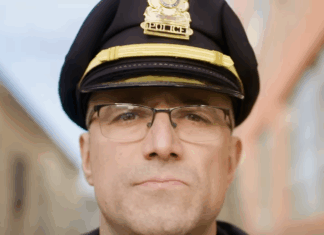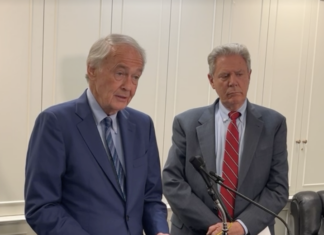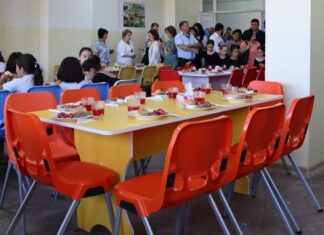By Alin K. Gregorian
Mirror-Spectator Staff
BOSTON — For Boston residents and for those attending official events in the city, seeing Mayor Thomas Menino was routine.
The mayor, who became Boston’s longest serving mayor, died on Thursday, October 30, in the city he loved so much, at the age of 71.
It was clear that the cancer that had been ravaging his body for many years was strengthening its hold on him, making him increasingly frail. The news a few days prior that he had decided to forego any further treatments made it clear that there was no hope.



